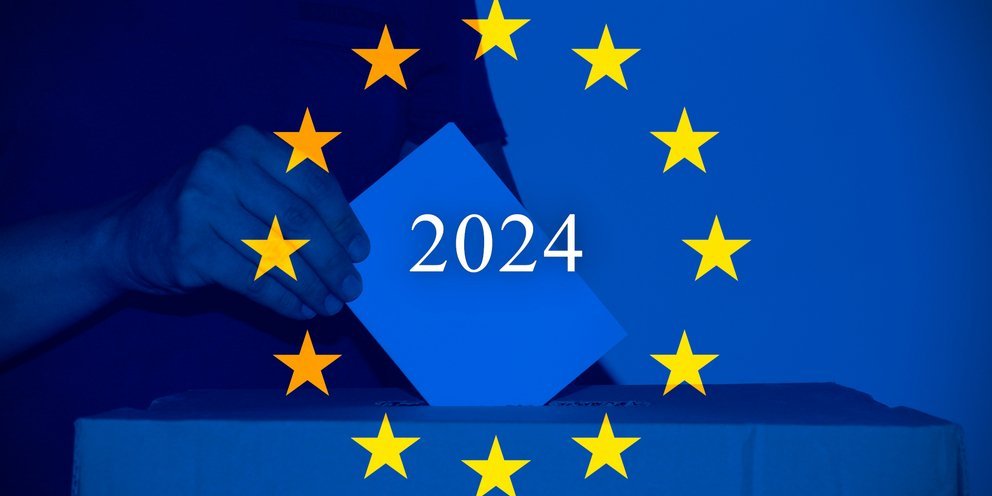
The serious deficiencies in the accessibility of the websites of major European political parties make it very difficult for people with disabilities to be informed about the European Elections.
“The main conclusion is that citizens with disabilities struggle to access the content and, therefore, are not adequately informed to exercise direct democracy.”
“According to the study, European political parties neglect their obligation to provide information to all voters, whether they have specific accessibility needs or not. In doing so, they create a barrier not only for people with disabilities but also for the democratic process itself. Our democratic systems and political procedures rely on citizens being informed when they vote. However, as this report shows, political parties seeking the votes of over 100 million Europeans with disabilities largely fail in their duty to provide accessible and reliable political information.”
“These findings at the European level may also indicate that national political parties face similar challenges, according to the central body representing the rights of 100 million people with disabilities in the EU, the EDF.”
“The party with the worst performance was the far-right Identity and Democracy, passing only four out of the seven criteria used for evaluating the websites. All the tested websites passed the test for automatic subtitles for deaf or hard of hearing users.”
“The EDF calls on the political parties of the EU and all political actors:”
- “Website administrators need to be trained in the basic skills for accessible digital information.”
- “They should use the European standard for accessible ICT (EN301549) in the procurement, design, and development of digital interfaces. The standard is free.”
- “Users with disabilities should participate in the design, development, and testing of digital interfaces to ensure they work for everyone.”



